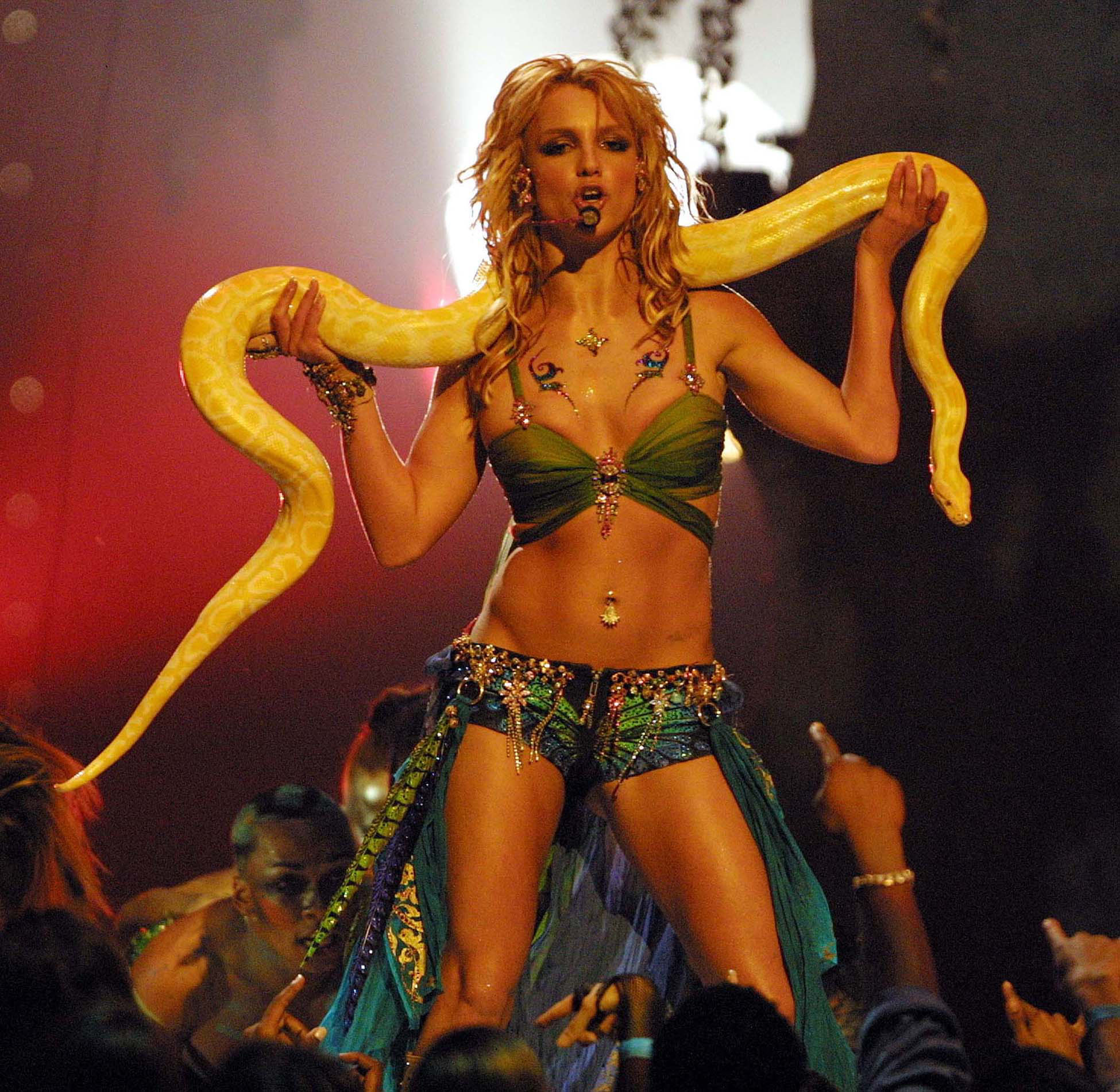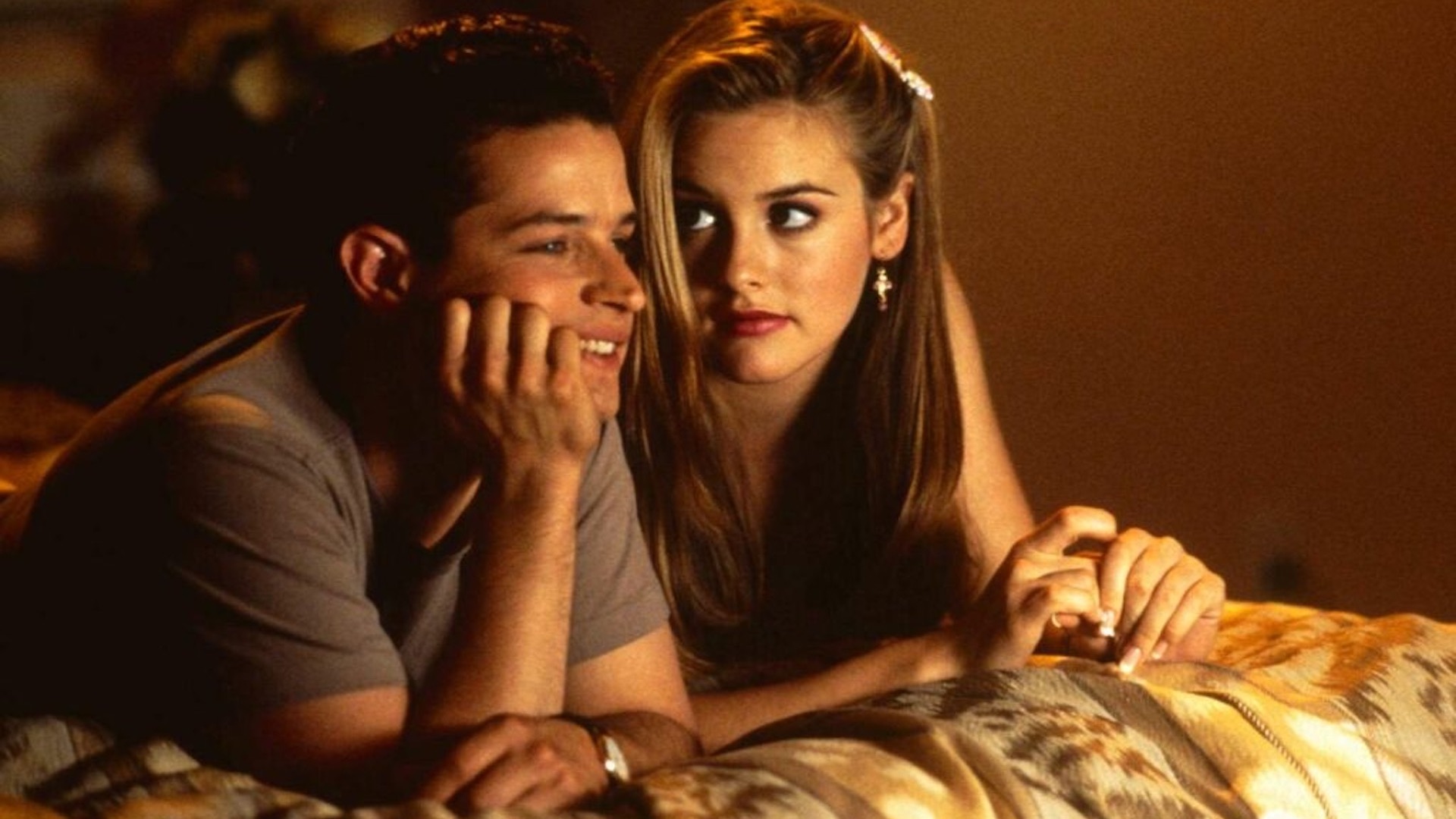I’m thirty and I’ve never had sex.
I’m not in a rush to change that, not because I’m “waiting,” but because I don’t see it as something to gain or lose. I’ve never believed that crossing some imaginary line would suddenly make me more complete, mature, or worthy. I’m not closed off to intimacy, but I’m not building my self-worth around it either. If it happens, cool. If it doesn’t, I’m good.
Still, in a world full of situationships, casual hookups, and endless swiping, it’s wild how much weight we still give to virginity. You’d think with all the sex positivity, dating apps, and hot people declaring their kinks on TikTok, we’d be done with this conversation — but no. Movies still romanticize the “first time,” dating shows imply it’s a moral checkpoint, and women are still being called “frigid” or “prudish” if they’re not interested in playing the game.
And that’s what makes the virginity discourse feel even more outdated: it’s still framed like a major life event. Something you “lose,” something that changes you. But what if it doesn’t? What if it’s just another experience, not a defining one? I’m not writing this as someone who’s moved past virginity, but as someone who never thought it mattered in the first place — here’s why.
Virginity Was Never a Universal Concept
The idea of virginity has always been shaky at best, rooted more in control and culture than any kind of universal truth. Historically, it was about ownership. A woman’s virginity meant purity, morality, and most importantly, value, usually to a man.
“Purity culture was constructed for heterosexual, cisgender individuals,” Dr. Mindy DeSeta, Hily Dating app sexologist and sexuality educator, tells me. “Those who fall outside these narrow categories are often labeled as ‘impure,’ ‘sinful,’ or ‘deviant,’ creating additional stigmatization.”
It’s a concept born out of patriarchy, religion, and the desire to police bodies, especially women’s. Take a look at the purity culture in the early 2000s and the positioning of the male gaze, which is still very much alive in 2025.
Certified sexologist and author of How Do You Like It? Dr. Tara Suwinyattichaiporn (known on social media as simply Dr. Tara) says the concept of virginity “contributes a lot more to shame than to empowerment and is purely culturally constructed.” Still, the act of “losing” your virginity “has psychological relevance in how people process it and how it affects their sexual development and self-esteem well into adulthood.”

And it’s always been a bit of a scam. What “counts” as losing your virginity? Is it penetration? Oral sex? Something else? For queer people, the definition often doesn’t even apply. For asexual people, it might not matter at all. And yet, for decades, we’ve been told this moment is supposed to be pivotal, magical, and transformative.
Spoiler: for a lot of people, it’s just… fine.
The good news? Many people, especially younger ones, are actively rejecting the virginity myth. Gen Z is talking about sex in ways that are more open, more inclusive, and less shame-filled than ever before. Hookup culture, sex education on TikTok, and more representation of different sexual identities in media have all helped shift the narrative from “firsts” to personal choice.
People are deciding when (or if) to have sex based on their own comfort, not because they feel pressured to hit a milestone. And if they do want their first time to be meaningful? Cool. But for many, the pressure is being replaced with something more grounded: autonomy.
But The Pressure Still Lingers
That doesn’t mean the virginity narrative is totally dead. It still shows up in school sex ed, in religious communities, and in the media. We still see “the first time” treated like a huge turning point, especially for women. There are still jokes about “saving yourself” or being “past your expiration date” if you haven’t had sex by a certain age. (Dr. Tara suggests using the term “sexual debut” as it’s not only empowering, but inclusive of every group.)
There’s also a double standard: if you have sex “too early,” you’re fast. If you wait “too long,” you’re weird. And if you don’t care either way? People don’t know what to do with you. I’ve had people assume I’m repressed, conservative, or secretly ashamed just because I’m not chasing sex like it’s a prize. But here’s the truth: I’m not waiting for anything. I’m just living.
Rushing sexual experiences due to peer or societal pressure only does more harm than good. “When you move too quickly into intimacy before you’re emotionally and mentally prepared, it can be traumatic and cause more psychological harm than physical pleasure,” Dr. DeSeta says.
What If It Just… Didn’t Matter?
Again, this isn’t a story about overcoming shame or finding confidence after “finally doing it.” This is about refusing to believe the concept ever mattered. Virginity doesn’t make you pure or impure, mature or immature, valid or invalid. It’s not a badge of honor or a burden to shed.
The idea that sex is the ultimate marker of adulthood is lazy and dated. Being sexually active doesn’t make you more evolved, and being a virgin doesn’t make you innocent or inexperienced in life. I know who I am. I’m emotionally intelligent, curious, self-aware, and none of that has anything to do with who I’ve slept with.
“Detach your sense of self-worth from whether or not you’ve had sex,” says Dr. Tara on internalizing shame. “Your own self-worth should come from your belief in yourself, not what you’ve done sexually.”
Let’s stop pretending this label carries any real weight. Let’s stop asking people if they’re virgins like it’s a personality trait. The only thing virginity ever told us was how much other people wanted to control us. And in 2025, we should be already over that.




















































